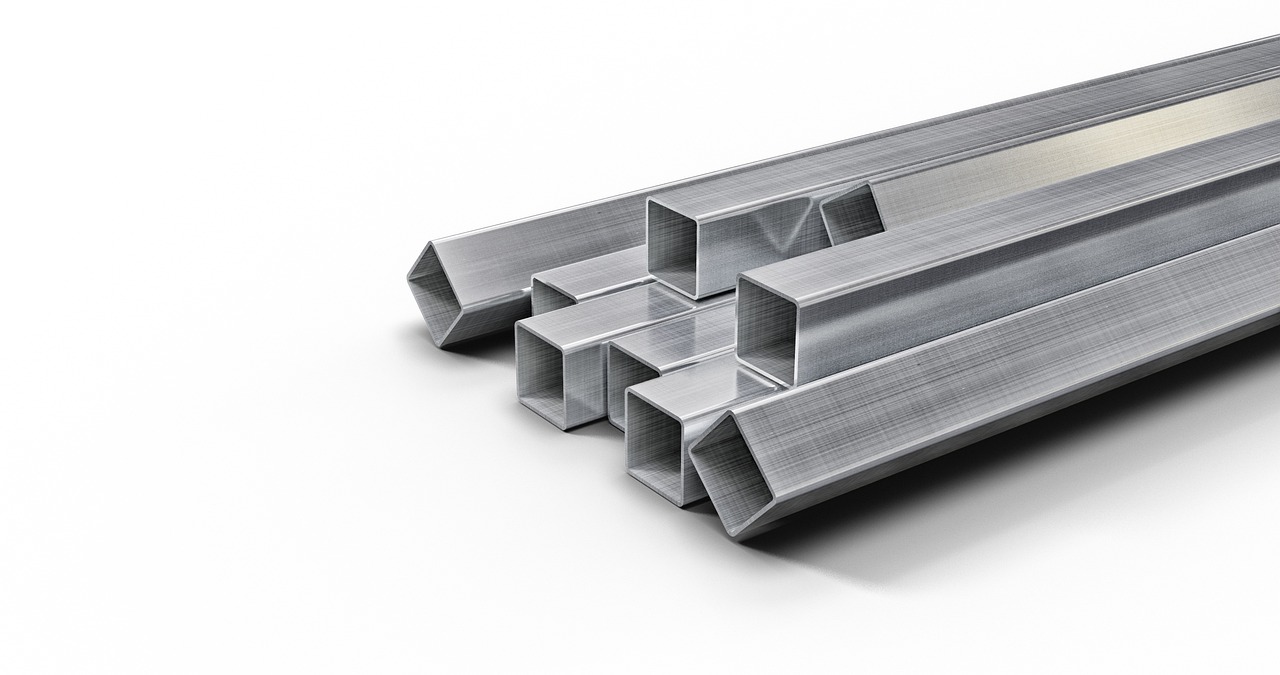
1. Types of Steel Pipes
Steel pipes are broadly classified into several categories based on their composition, fabrication method, and application:
Carbon Steel Pipes: Known for their strength and durability, carbon steel pipes are widely used in industries like construction and energy. They are composed mainly of iron and carbon, offering high tensile strength and the ability to withstand high pressures and temperatures. Carbon steel pipes are commonly used in oil and gas pipelines, as well as in power plants and chemical refineries.
Stainless Steel Pipes: Stainless steel is an alloy containing at least 10.5% chromium, which creates a corrosion-resistant surface. Stainless steel pipes are commonly used in applications that require durability in harsh environments, such as food processing, pharmaceuticals, and chemical industries, due to their hygienic properties and resistance to rust and scaling.
Alloy Steel Pipes: These pipes include additional alloying elements such as manganese, nickel, or molybdenum to improve specific properties like heat resistance or wear resistance. They are frequently used in heavy industries and in settings where enhanced performance is necessary, such as chemical plants and high-pressure steam systems.
For exporters in the steel industry, adapting to these shifts may involve focusing on markets with increasing demand, like Southeast Asia, while also navigating policy changes that may affect access to major economies.
Galvanized Steel Pipes: These are carbon steel pipes coated with a layer of zinc to prevent corrosion. They are commonly used in water supply lines and fencing but are being phased out in certain applications due to concerns over leaching of zinc into the water supply.
2. Properties of Steel Pipes
Carbon Steel Pipes: Known for their strength and durability, carbon steel pipes are widely used in industries like construction and energy. They are composed mainly of iron and carbon, offering high tensile strength and the ability to withstand high pressures and temperatures. Carbon steel pipes are commonly used in oil and gas pipelines, as well as in power plants and chemical refineries.
Stainless Steel Pipes: Stainless steel is an alloy containing at least 10.5% chromium, which creates a corrosion-resistant surface. Stainless steel pipes are commonly used in applications that require durability in harsh environments, such as food processing, pharmaceuticals, and chemical industries, due to their hygienic properties and resistance to rust and scaling.
Alloy Steel Pipes: These pipes include additional alloying elements such as manganese, nickel, or molybdenum to improve specific properties like heat resistance or wear resistance. They are frequently used in heavy industries and in settings where enhanced performance is necessary, such as chemical plants and high-pressure steam systems.
Galvanized Steel Pipes: These are carbon steel pipes coated with a layer of zinc to prevent corrosion. They are commonly used in water supply lines and fencing but are being phased out in certain applications due to concerns over leaching of zinc into the water supply.
Construction: In construction, steel pipes serve as structural supports and are widely used in skyscrapers, bridges, and railroads due to their strength and load-bearing capabilities. Automotive Industry: The automotive sector uses steel pipes in exhaust systems, hydraulic lines, and fuel transport systems. Stainless steel pipes are particularly valuable for their rust resistance and durability. Water Supply Systems: Galvanized steel pipes are commonly used in water distribution systems for residential and commercial purposes due to their corrosion resistance, although newer alternatives are increasingly replacing them in modern plumbing systems.
3. Applications of Steel Pipes
Steel pipes are integral to several industries, thanks to their adaptability and high performance:
Oil and Gas Industry: Carbon and alloy steel pipes are widely used in the oil and gas industry for the transportation of oil, gas, and other fluids. The industry’s demand for pipes resistant to high pressure, heat, and corrosion makes steel the ideal material.
Construction: In construction, steel pipes serve as structural supports and are widely used in skyscrapers, bridges, and railroads due to their strength and load-bearing capabilities. Automotive Industry: The automotive sector uses steel pipes in exhaust systems, hydraulic lines, and fuel transport systems. Stainless steel pipes are particularly valuable for their rust resistance and durability.
Water Supply Systems: Galvanized steel pipes are commonly used in water distribution systems for residential and commercial purposes due to their corrosion resistance, although newer alternatives are increasingly replacing them in modern plumbing systems.
